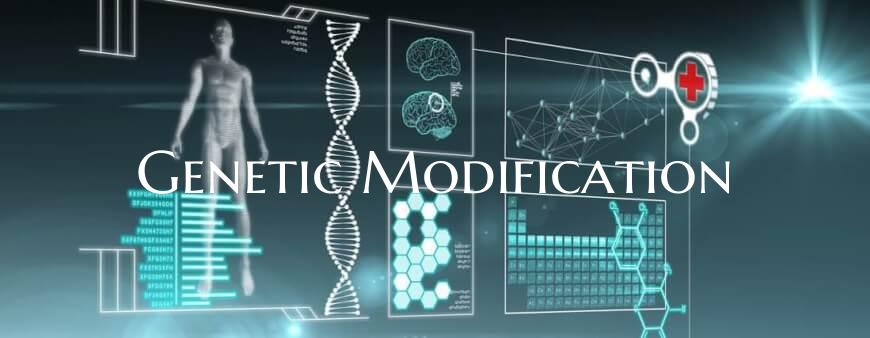Genetic Modification
Genetic modification, also known as genetic engineering or biotechnology, involves altering the DNA of an organism to introduce desirable traits or characteristics. While this technology has shown great promise in various fields, including agriculture, medicine, and biotechnology, it has also sparked debates and controversies regarding its ethical implications and potential risks.
In agriculture, genetic modification has been widely used to create genetically modified organisms (GMOs) that exhibit traits such as resistance to pests, tolerance to herbicides, and improved nutritional content. These advancements have led to increased crop yields, reduced dependence on chemical pesticides, and enhanced food security. However, concerns have been raised about the long-term effects of consuming GMOs on human health and the environment.
In medicine, genetic modification has paved the way for groundbreaking treatments such as gene therapy, which aims to correct genetic defects that cause diseases. This technology holds the potential to revolutionize the treatment of genetic disorders, cancer, and other diseases by targeting specific genes and manipulating them to produce desired therapeutic effects. Despite its enormous potential, there are ethical concerns surrounding the use of gene editing technologies, especially in the context of human germline editing, which raises questions about the implications for future generations.
In the field of biotechnology, genetic modification has enabled the production of valuable products such as insulin, vaccines, and enzymes through the use of genetically engineered organisms. These bioengineered products have numerous applications in healthcare, industry, and research, offering innovative solutions to complex problems. However, the commercialization of genetically modified products raises questions about intellectual property rights, consumer safety, and ecological consequences.
The debate surrounding genetic modification is multifaceted, involving scientific, economic, social, and ethical considerations. While supporters argue that genetic engineering has the potential to address global challenges such as food insecurity, disease prevention, and environmental sustainability, critics raise concerns about the risks of unintended consequences, biodiversity loss, and corporate control over agricultural resources.
As technologies continue to advance and our understanding of genetics deepens, it is crucial to have informed discussions about the benefits and risks of genetic modification. By balancing scientific progress with ethical considerations and regulatory oversight, we can harness the potential of genetic engineering to improve human health, protect the environment, and promote sustainable development in a responsible manner.

